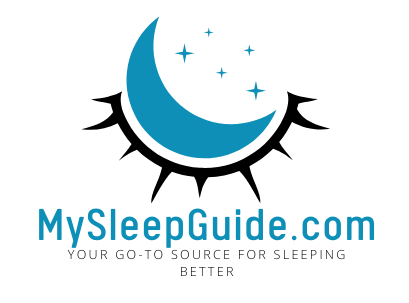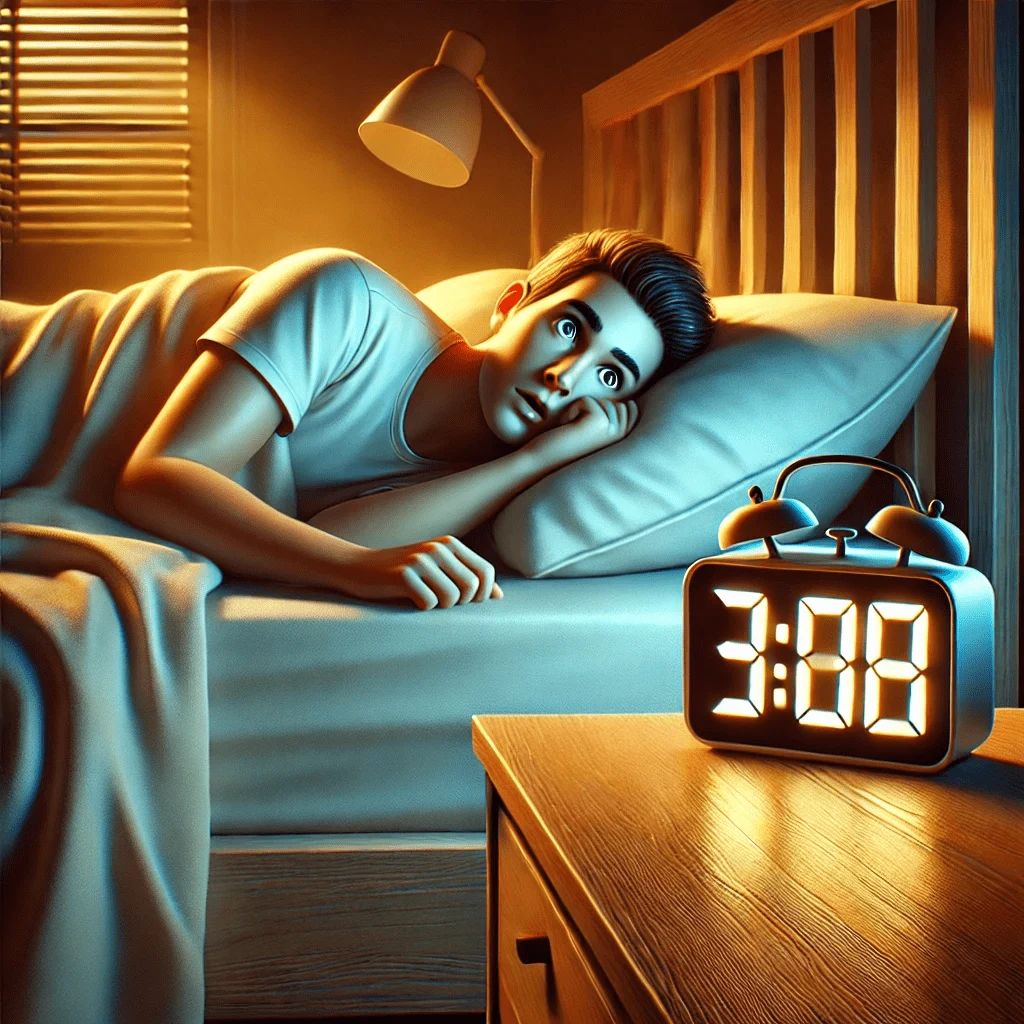Waking up at 3 AM might feel random—but it’s often not. Research shows that sleep is regulated by complex cycles and hormones, and waking at this hour can signal disruptions in your circadian rhythm, stress response, or blood sugar levels.
I experienced this pattern myself—wide awake at 3:00 AM, night after night. Once I understood the science behind it, everything started to make more sense—and that’s what I want to share with you here.
What’s Really Going On at 3AM?
1. Your Sleep Cycle Might Be Completing a Phase
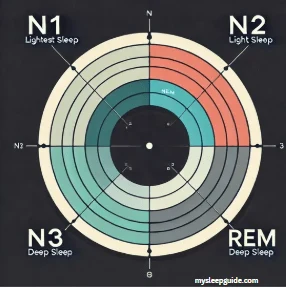
We cycle through different stages of sleep about every 90 minutes. Around 3AM, you’re often transitioning between deep sleep and lighter REM sleep. If something—like noise, stress, or temperature—nudges you during this phase, it’s easy to wake up.
According to the Sleep Foundation, these natural transitions make us more vulnerable to wakefulness during the early morning hours .
2. Stress and Cortisol Spikes
Your body naturally begins producing more cortisol in the early morning hours to prepare you for wakefulness. If you’re under chronic stress, that cortisol spike may come early and wake you prematurely. Think of it like your internal alarm clock going off too soon.
Research from the American Psychological Association shows that stress can disrupt the body’s hormonal balance and lead to nighttime awakenings .
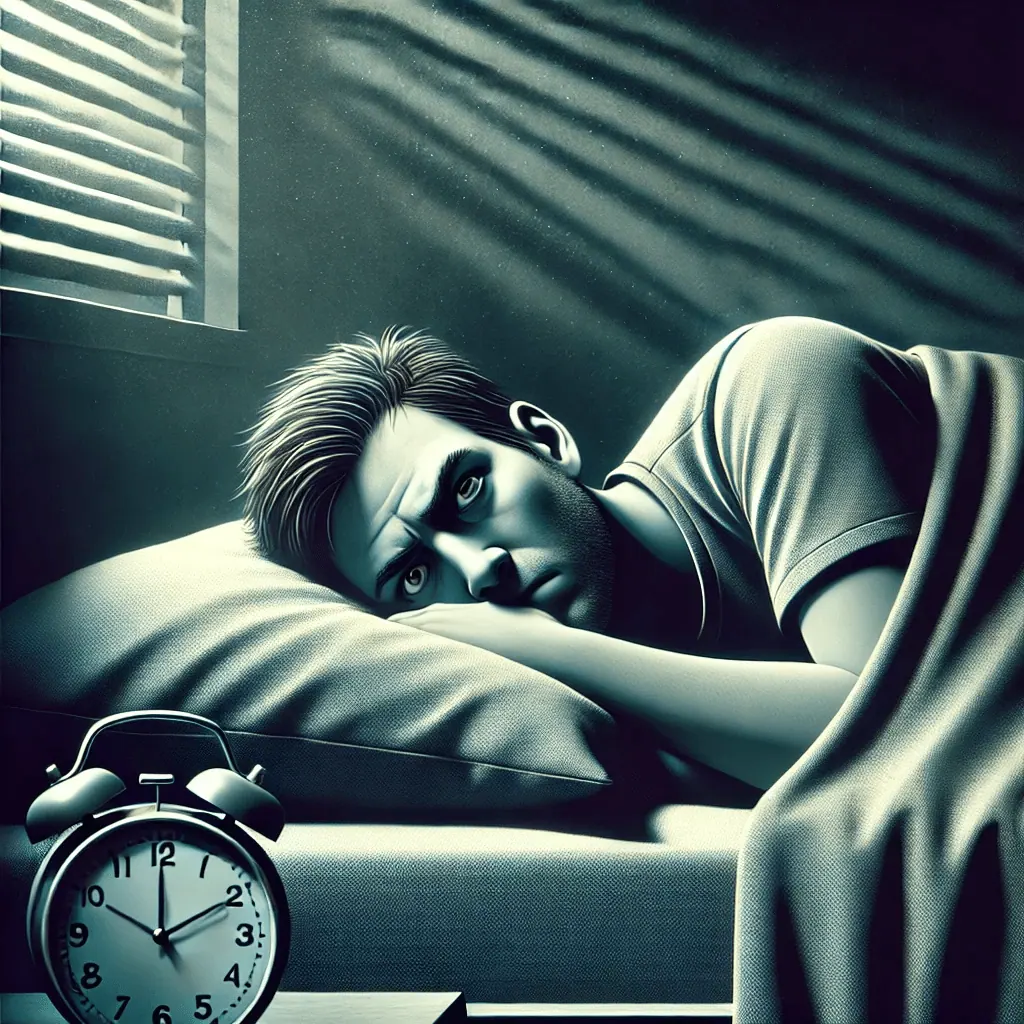
3. Anxiety and Overthinking
When the world goes quiet, your thoughts often get louder.
No pings, no buzzes, no to-do lists pulling at your attention—just stillness. And sometimes, that’s when your brain decides it’s showtime.
Suddenly you’re replaying that awkward conversation.
Worrying about tomorrow’s meeting.
Spinning in circles over things that haven’t even happened yet.
4. Blood Sugar Drops
Did you skip dinner? Eat just pasta or sugar-heavy snacks? That might be why you’re up.
When blood sugar drops overnight, your body releases adrenaline and cortisol to compensate—and that hormonal combo can jolt you awake.
Harvard Health notes that hypoglycemia during sleep can cause restlessness or early wake-ups .
5. Lifestyle Habits
Some sneaky behaviors might be sabotaging your sleep without you realizing it:
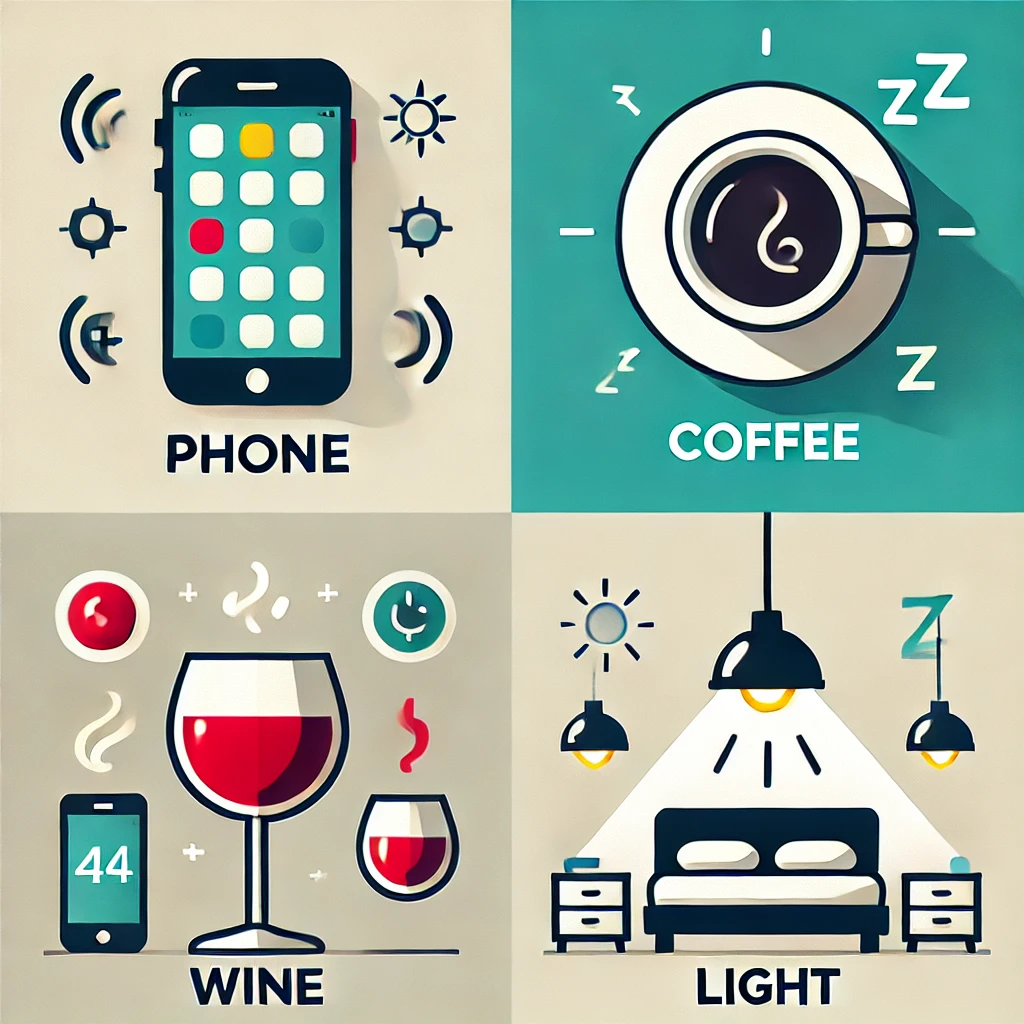
- Late-night scrolling (blue light messes with melatonin)
- Alcohol before bed (it disrupts your sleep architecture)
- Afternoon caffeine (still active in your system by bedtime)
- Uncomfortable bedroom temperature (too warm or cold)
- Light pollution (yes, that streetlamp counts!)
All these can confuse your circadian rhythm and interfere with your body’s natural sleep cues.
What to Do If You Keep Waking Up at 3 AM
1. Don’t Panic—Stay Calm
First things first: try not to stress about being awake. Panicking about lost sleep only makes it harder to fall back asleep. Instead, take a breath and remind yourself:
“This happens. My body’s just asking for something. I can handle it.”
2. Use Gentle Mindfulness Techniques
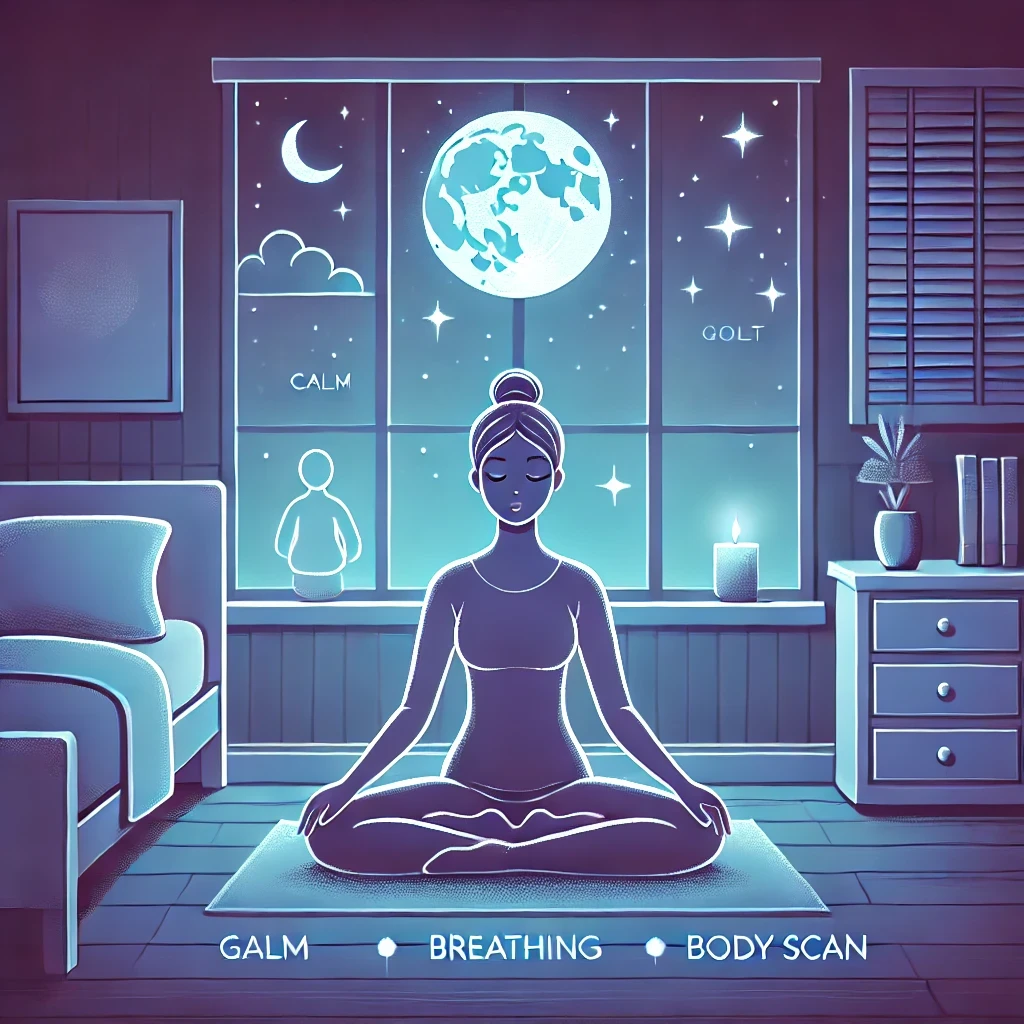
Try a body scan or slow breathing to calm your nervous system. Focus on relaxing each part of your body. Or count your breaths. This helps shift your focus away from racing thoughts.
Related: 7 Powerful Breathing Exercises for Better Sleep You Can Try Tonight
3. Avoid Looking at the Clock
That glowing clock display? It’s your stress trigger.
Looking at the time leads to mental math: “If I fall asleep now, I’ll get 4 hours… wait, no, 3…”
That pressure builds anxiety. Turn the clock away or cover it. Out of sight, out of mind.
4. Get Out of Bed (If You’re Up Too Long)
If 20–30 minutes pass and you’re still wide-eyed:
- Get up
- Leave the bedroom
- Do something quiet and relaxing

Options include:
- Reading a physical book
- Doing some light stretching
- Drinking herbal tea like chamomile, lemon balm, or valerian
Just avoid phones, tablets, or overhead lights—they send wake-up signals to your brain.
Related Post: 7 Herbal Teas For sleep that calm your mind fast
5. Check Your Evening Routine
Sleep doesn’t start when your head hits the pillow—it starts an hour before.
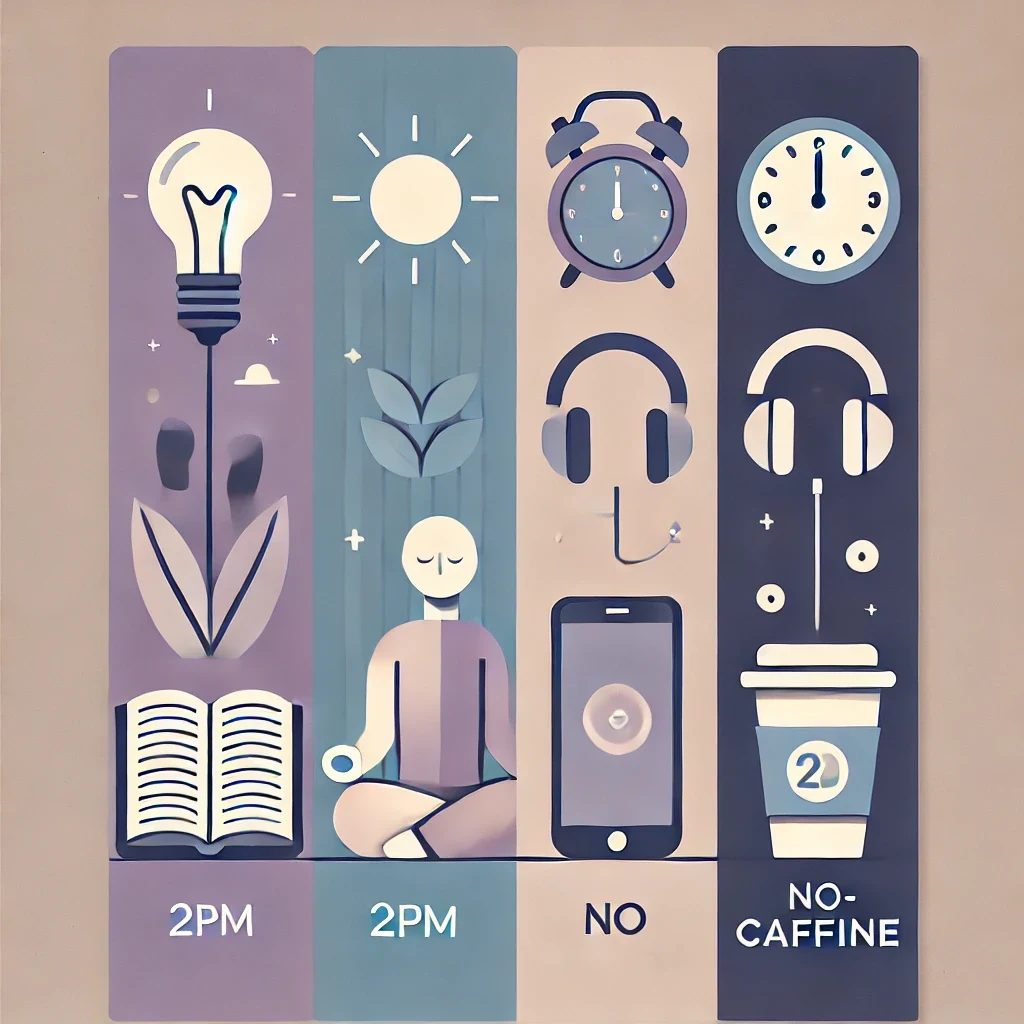
Here’s a wind-down checklist to help:
- Dim the lights around your home
- Journal or brain-dump thoughts to clear your mind
- Try a guided meditation or calming playlist
- Put screens away at least 30 minutes before bed
- No caffeine after 2PM
Your body loves routines. Make yours soothing and repeatable.
6. Eat Smart at Night
Don’t go to bed hungry or overly full. A light snack with a balance of protein and carbs—like a banana with almond butter or a handful of walnuts—can help stabilize blood sugar levels through the night.
When to Talk to a Doctor
Sometimes, no matter what you try, the 3AM wake-ups continue.
If that’s you—and it’s impacting your health, energy, or mood—it’s time to consult a pro.
You could be facing:
- Chronic insomnia
- Anxiety or mood disorders
- Sleep apnea or other sleep disruptions
A sleep specialist can help uncover the root cause and tailor solutions just for you.
Related : The Most Overlooked Sleep Disorders (and how to spot them early)
Final Toughts:
Waking up at 3AM doesn’t mean something is wrong with you. It’s your body’s way of communicating that something might need attention—whether it’s stress, blood sugar, or lifestyle habits.
Instead of panicking, approach the moment with curiosity and calm. With a few mindful tweaks and a consistent nighttime routine, you can retrain your sleep and reclaim your rest.
❓ Frequently Asked Questions (FAQ)
1. Why do I wake up at 3AM every night?
Waking up at 3AM is often due to natural sleep cycle transitions, stress, hormonal changes, or blood sugar drops. It may also result from anxiety or poor sleep habits.
2. Is it normal to wake up at 3AM?
Yes, occasional 3AM wake-ups are common and usually harmless. However, frequent or disruptive episodes may signal an underlying issue like stress, insomnia, or sleep apnea.
3. How can I stop waking up at 3AM?
To stop waking up at 3AM, try reducing evening stress, improving your bedtime routine, eating a balanced snack before bed, and avoiding screens or alcohol before sleep.
4. What hormone causes 3AM wakeups?
The hormone cortisol may cause 3AM wake-ups. Cortisol levels naturally rise in the early morning to help the body prepare for wakefulness, but stress can cause an early spike.
5. Can low blood sugar cause waking up at night?
Yes. A drop in blood sugar during the night can trigger a release of adrenaline and cortisol, which may cause you to wake up suddenly—especially around 3AM.
6. Should I get out of bed if I can’t fall back asleep?
If you’re awake for more than 20–30 minutes, it’s best to get out of bed and do a calming activity like reading or stretching. Avoid screens or bright lights.
